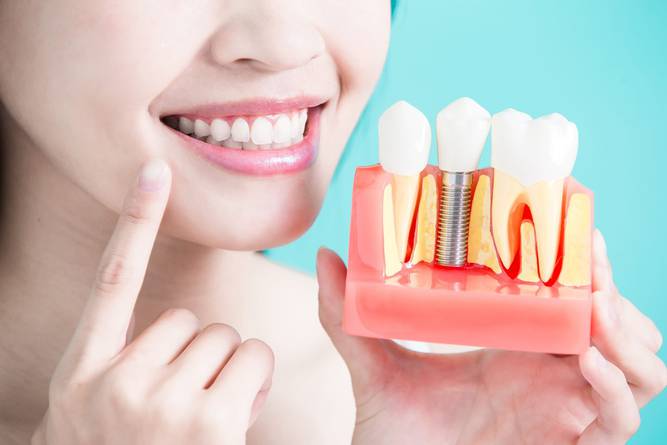Navigating the first 72 hours after an implant procedure can be daunting. Whether you’ve just received a dental implant, a medical device, or any other type of implant, understanding what to expect and how to care for yourself is crucial for a smooth recovery. In this guide, we’ll explore essential tips, statistics, and insights to help you thrive during this critical period. ?

Understanding the Importance of the First 72 Hours
The first three days post-implant are vital for your recovery. During this time, your body begins to heal, and proper care can significantly impact the success of the implant. According to a study published in the Journal of Oral Implantology, 80% of complications arise within the first 72 hours. This statistic highlights the importance of following guidelines to ensure a smooth recovery.
Key Statistics on Post-Implant Recovery
| Statistic | Percentage (%) |
|---|---|
| Complications occurring within 72 hours | 80% |
| Patients experiencing pain post-implant | 60% |
| Success rate of implants with proper care | 95% |
| Patients who follow post-op instructions | 90% |
These numbers emphasize the need for vigilance and care during the initial recovery phase.
What to Expect in the First 72 Hours
Day 1: Immediate Aftercare
On the first day, your primary focus should be on managing discomfort and preventing infection. Here are some essential tips:
- Rest: Your body needs energy to heal. Take it easy and avoid strenuous activities. ?
- Ice Packs: Apply ice packs to the affected area for 15-20 minutes every hour to reduce swelling. ❄️
- Medication: Take prescribed pain relievers as directed. This will help manage any discomfort you may experience.
Day 2: Monitoring and Care
By the second day, you should start to monitor your recovery closely. Here’s what to keep in mind:
- Oral Hygiene: Maintain oral hygiene but be gentle around the implant site. Rinsing with warm salt water can help. ?
- Diet: Stick to soft foods like yogurt, smoothies, and mashed potatoes. Avoid hard or crunchy foods that could disturb the implant. ?
- Hydration: Drink plenty of fluids to stay hydrated, but avoid using straws, as the suction can dislodge the implant.
Day 3: Assessing Progress
On the third day, you should assess how you’re feeling. If you notice any unusual symptoms, such as excessive swelling or bleeding, it’s essential to contact your healthcare provider.
- Follow-Up: Schedule a follow-up appointment if necessary. Regular check-ups can help ensure your implant is healing correctly. ?
- Activity Level: Gradually increase your activity level, but listen to your body. If you feel pain, take a step back.
Common Concerns and Solutions
During the first 72 hours, you may encounter some common concerns. Here’s a table summarizing these issues and their solutions:
| Concern | Solution |
|---|---|
| Swelling | Use ice packs and keep your head elevated. |
| Pain | Take prescribed pain medication as needed. |
| Bleeding | Bite down on a gauze pad for 30 minutes. |
| Infection | Maintain oral hygiene and follow care instructions. |
The Role of Nutrition in Recovery
Nutrition plays a crucial role in your recovery process. A balanced diet can help speed up healing and reduce inflammation. Here are some foods to consider:
- Protein-Rich Foods: Chicken, fish, and legumes can aid in tissue repair. ?
- Fruits and Vegetables: Rich in vitamins and antioxidants, they help boost your immune system. ??
- Hydration: Staying hydrated is essential for overall health and recovery. Aim for at least 8 glasses of water a day. ?
Resources for Further Support
If you’re looking for more information on post-implant care, consider visiting reputable websites like American Dental Association or Mayo Clinic. These resources provide valuable insights and tips for managing your recovery effectively.
Conclusion
The first 72 hours after an implant procedure are critical for your recovery. By following the guidelines outlined in this post, you can significantly improve your chances of a successful outcome. Remember to listen to your body, stay informed, and don’t hesitate to reach out to your healthcare provider with any concerns. Your journey to recovery starts now! ?




